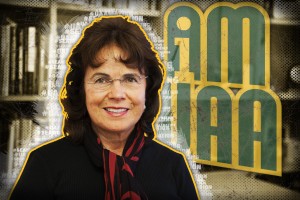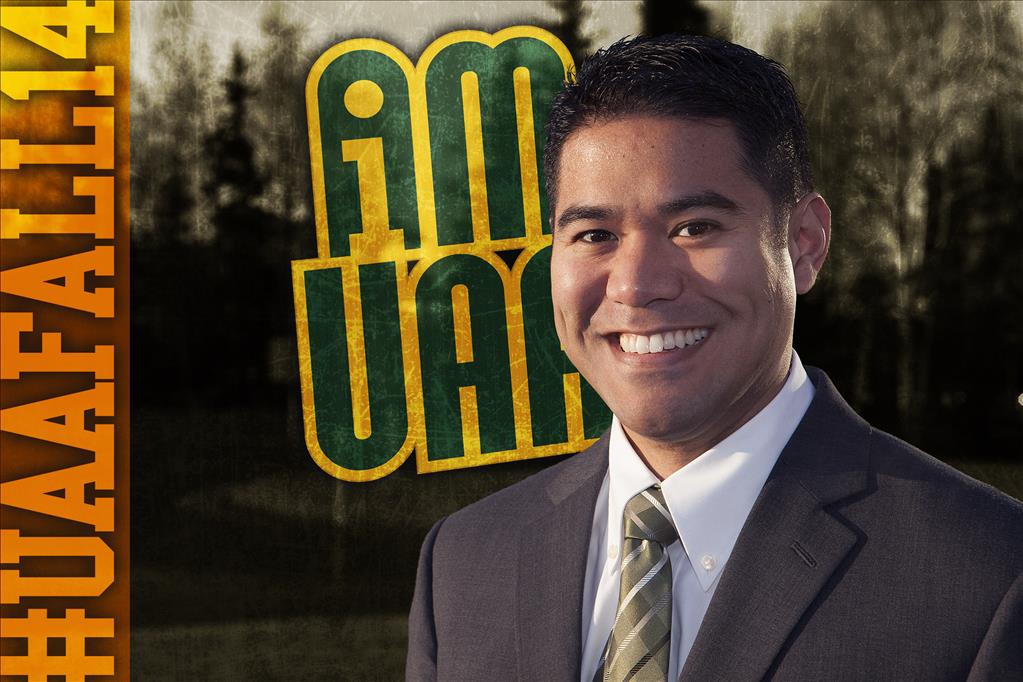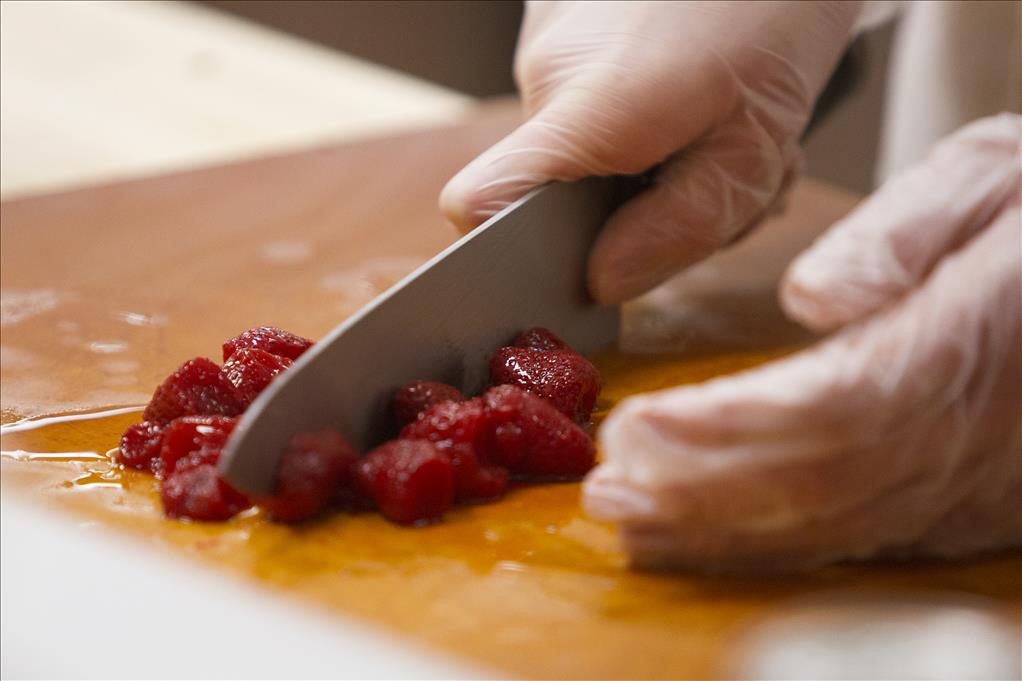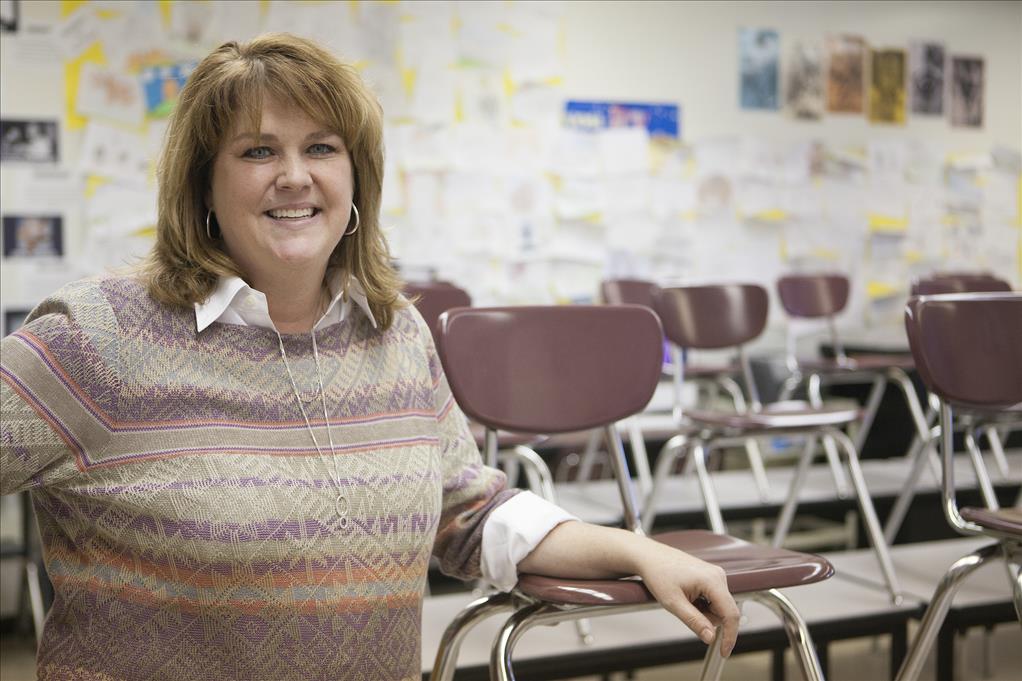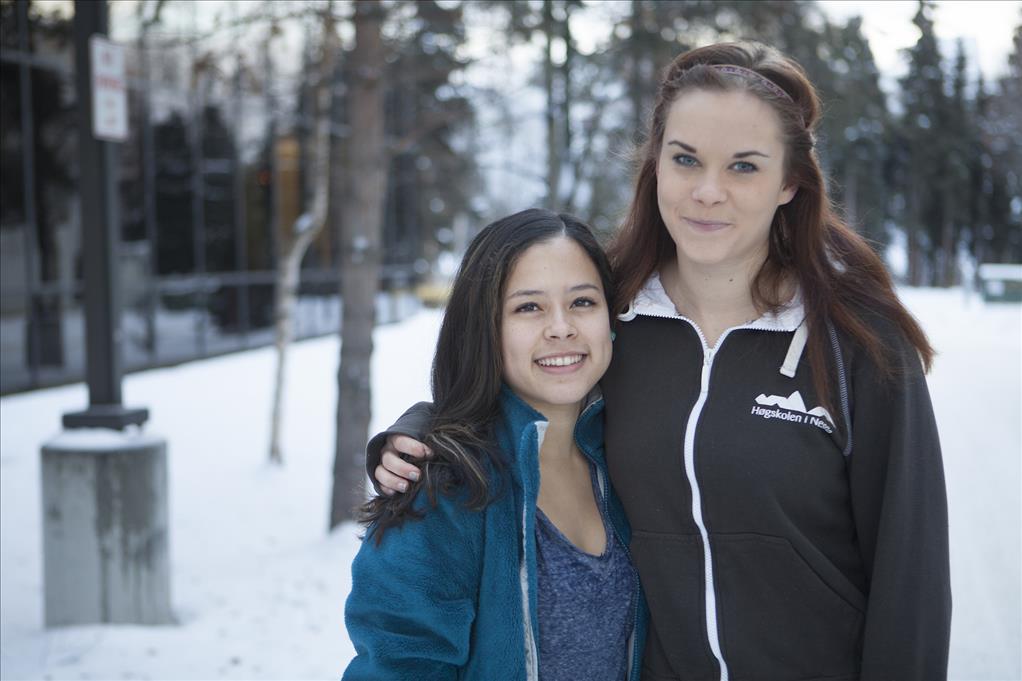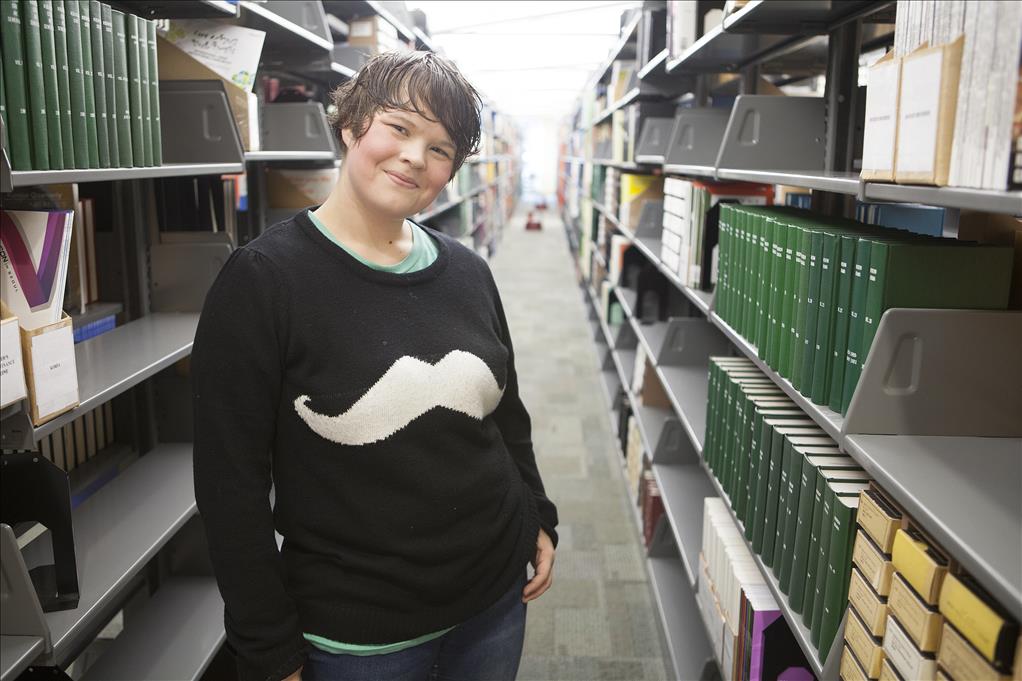Faculty Spotlight: Jeane T'áaw xíwaa Breinig
by Jamie Gonzales |
Professor and Associate Dean for the Humanities Hometown: Kasaan and Ketchikan, Alaska Fun Fact: Spent part of high school in Guadalajara with her family.
Growing up in one of the last remaining Haida villages in the world-Kasaan, Alaska-Jeane T'áaw xíwaa Breinig loved to listen to the stories her grandfather, a self-taught seine boat builder, told. As much as they fed her imagination, it wasn't until much later that she would understand Haida oral traditions to be an integral part of American literature.
The stories her grandfather told didn't seem to fit into academic study of capital-L Literature, territory reserved for the likes of Shakespeare and Walt Whitman.
But while she was finishing a bachelor's degree in English at University of Washington, Jeane happened to enroll in a class that opened up a whole new world for her.
"I walked into the class and it was life-altering," she says. "I didn't realize this whole world existed, called American Indian literature."
The first American Indian professor Jeane had ever encountered mentored her and encouraged her toward graduate study in American literature where she could focus on American Indian and Alaska Native literatures.
Hired as one of the first tenure-track Alaska Native professors at UAA 20 years ago, Jeane has been central to the development of curriculum that folds Alaska Native literature into the university's English offerings. Now, in her administrative role as assistant dean for the humanities in the College of Arts and Sciences, her perspective on Alaska Native cultures and heritages in the academy has broadened yet again.
Last year, UAA hosted the first Alaska Native Studies conference and launched the Journal of Alaska Native Studies.
"Exciting things are happening," she says.
Tiptoeing toward a Ph.D.
She laughs when asked if college was always on her radar. Short answer: no.
In high school a guidance counselor had urged her to apply for college, but Jeane had her sights set on a career in the airline industry. And that's just what she did for a while.
Eventually, she dipped a toe in and took one class, history, at a community college. It was enough to make her think she could get an associate degree. Diploma in hand, she thought, well, a bachelor's degree wouldn't be too hard.
By then, she and her husband, an air taxi pilot she met while working for a float plane company in Ketchikan, had followed jobs to Seattle, Wash. Her success in community college had bolstered her confidence and she thought, "Two more years to get a bachelor's degree? I can do that." So she dove in at University of Washington where she would eventually go on to earn a master's and a Ph.D.
The arrival of two babies during her graduate study meant a little adjustment in her studying hours.
"I learned how to get up very early, like 2 or 3 in the morning," she says. "You could get a good four or five hours of work in before the kids got up."
Her hard work paid off when, during her final push to finish her dissertation, she received a job offer from UAA. It was the nudge she needed to complete her work studying Haida oral traditions.
Saving an endangered language
Jeane didn't have to look far to find one of the most important resources in her continuing study of Haida oral traditions: her mom.
Her 92-year-old mother is one of just a handful of native Haida speakers left in the world.
You've heard of endangered species, but you don't really think about language as vulnerable to extinction. The Tlingit, Haida,Tsimshian and many other Alaska Native languages are all endangered, Jeane says.
"We lost our last speaker of Eyak a couple years ago," she adds.
A few years ago, she had the opportunity to go to Juneau and work with Sealaska Heritage Institute to develop a Haida language curriculum. Now, she's starting to see a hopeful rise in second-language speakers.
"Entering a western educational system, the language is the one thing that you can really say, this belongs to us, it's ours, it's very unique and I want to learn. I want to learn what's ours."
The challenge remains finding communities of speakers where the language can thrive.
"I think the kids want to learn, but it's really where you're going to learn it and how you're going to practice it," Jeane says. "And then the bigger questions of how you're going to integrate it into daily life of a people."
Family and culture
While she lived Outside with her husband and young sons-now both grown and attending UAA-Jeane wanted to ensure they would develop a strong connection to Southeast Alaska and Haida culture. Her best tools? Visits to Kasaan in the summer and literature, in all its forms.
 "Faculty Spotlight: Jeane T'áaw xíwaa Breinig" is licensed under a Creative Commons Attribution-NonCommercial 4.0 International License.
"Faculty Spotlight: Jeane T'áaw xíwaa Breinig" is licensed under a Creative Commons Attribution-NonCommercial 4.0 International License.










